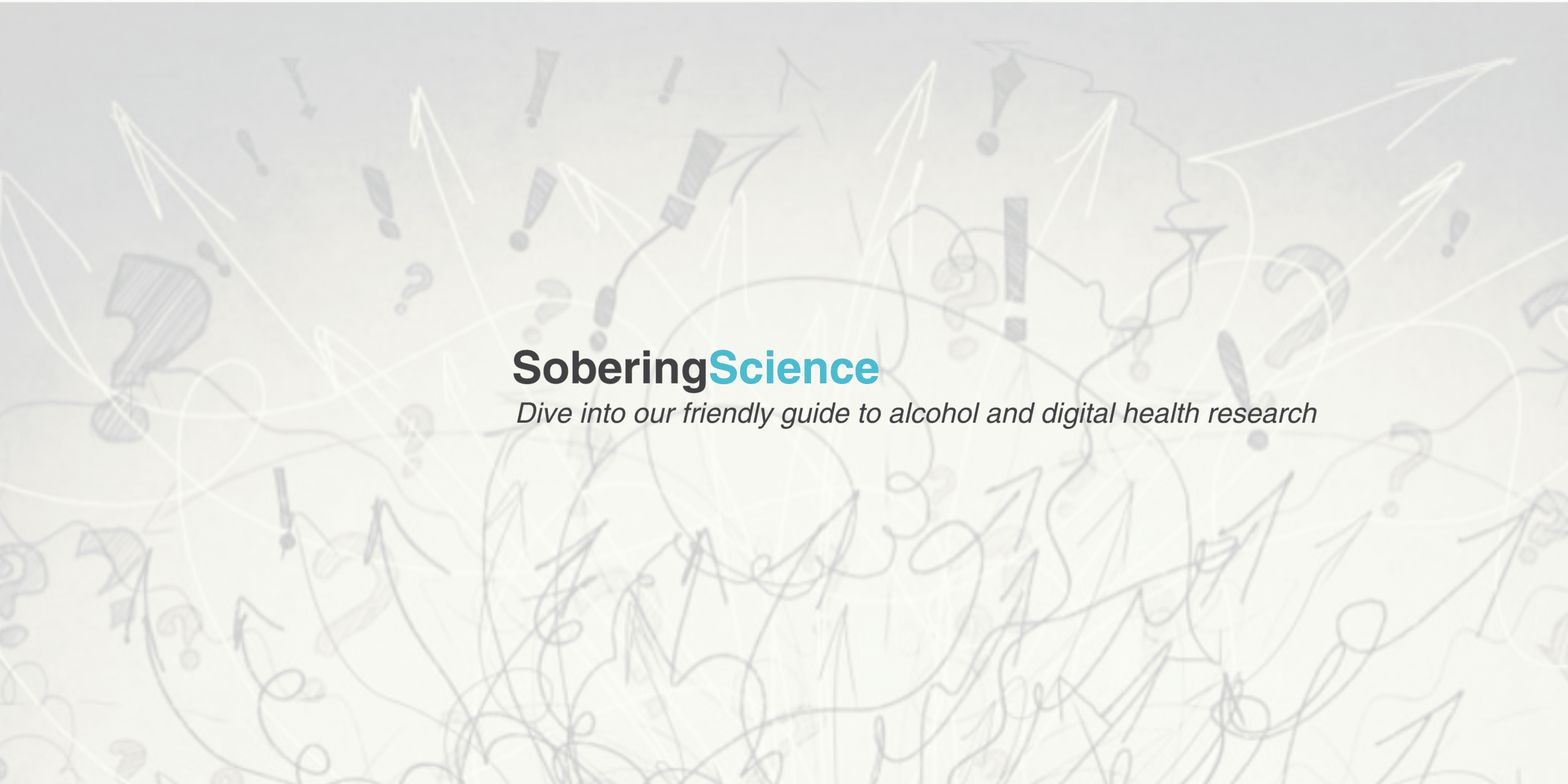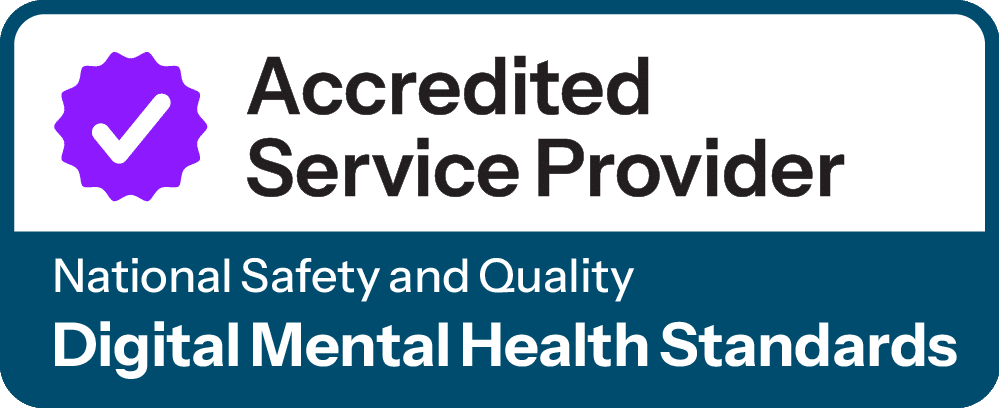
Sobering Science: Digital tools help reduce risky drinking
Mobile technology is rapidly transforming the way we manage our health, making it easier to access self-help tools. In Sweden, where this recent research was conducted, over 30% of adults drink at levels that can harm their health. This is similar to Australia where around 31% of people drink at risky levels.
To tackle this, researchers created a digital program designed to help people cut back on alcohol and then tested how well it worked.
What was the program?
The program was simple and easy to use. Participants got a link to an online platform. Once there, they could assess their drinking, get personalised feedback, and access educational materials about reducing alcohol risks. The platform also encouraged users to set goals, solve problems, and track their progress for four months.
Because it was online and anonymous, the program helped people avoid the stigma often linked to seeking in-person help for drinking. A little like some of Hello Sunday Morning’s programs.
How did they test it?
Over 2,000 adults in Sweden who were ‘risky drinkers’ were divided into two groups. One group got immediate access to the program, while the other group only received general information about alcohol and health and could access the program later.
Researchers tracked how much alcohol participants drank each week and how often they had heavy drinking episodes over four months.
What were the results?
People who used the program from the start drank 23% less alcohol and had 29% fewer episodes of heavy drinking compared to the group that didn’t use it right away.
Those who said they learned strategies for reducing alcohol and felt confident about making changes benefitted the most.
Some groups saw even bigger improvements. Older adults, heavy drinkers, and women showed the greatest reductions in drinking. Particularly when they took the self-assessment and set goals.
Tailoring programs to particular groups of people might make them even more effective.
At Hello Sunday Morning we have seen similar big changes with our digital programs, with a 50% reduction in drinking and an 80% improvement in mental health.
Why is this important?
This study confirms that digital tools are a great way to provide personalised support in a way that’s convenient and free of the stigma people can feel when seeking help in person.
They are a valuable addition to the menu of existing traditional methods for helping people reduce risky drinking. No single solution works for everyone but the more accessible options we can provide, the more people will benefit.
In a nutshell
This study opens the door to developing more personalised and effective digital tools for health.
By understanding how factors like age, gender, and drinking patterns affect outcomes, we can create programs that work for a wider range of people because the ultimate goal is to help people make lasting changes that improve their health and fit their unique needs.
That’s exactly what we are doing at Hello Sunday Morning. We have expanded our range of digital tools to help people take a break, reduce or quit drinking – or just to reconsider whether they need to change their relationship with alcohol.
Try out our self-assessment, Drink Tracker, our supportive anonymous Daybreak community and our individualised Care Navigator service. Our 6 session self-help program, Hello Change, will be launched in January. Keep an eye out!
We continue to actively explore how we can improve our programs for our community members. People are never alone on their journey to change their relationship with alcohol.









